Ghana Validates National Marine Spatial Plan to promote sustainable ocean governance
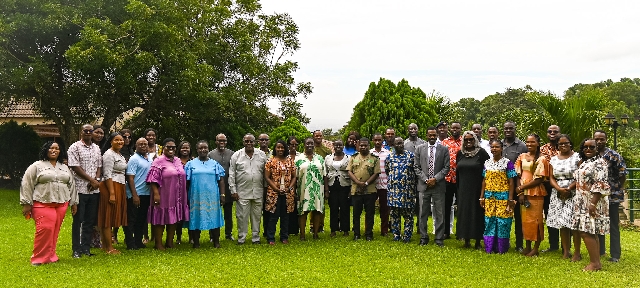 Participants in a group photograph after the workshop at Aburi in the Eastern Region
Participants in a group photograph after the workshop at Aburi in the Eastern Region
Ghana has taken a significant step toward sustainable ocean governance with the successful validation of its National Marine Spatial Planning (MSP) Framework, a strategic initiative designed to balance the diverse and often competing uses of the country’s marine and coastal resources.
The validation process culminated in a three-day national workshop organised by the Fisheries Committee for the West Central Gulf of Guinea (FCWC) in collaboration with the Fisheries Commission, under the auspices of the Ministry of Fisheries and Aquaculture Development (MoFAD).
The workshop, held from October 20–22, 2025, at Aburi, was themed “Restitution and Validation of the Institutional and Legal Framework and Stakeholder Mapping.”
The event brought together representatives from key state institutions, academia, the private sector, and Civil Society Organisations, the Ministry of Environment, Science, and Technology (MEST), Environmental Protection Agency (EPA), Ghana Maritime Authority (GMA), Land Use and Spatial Planning Authority (LUSPA), and the University of Ghana, among others. Participants worked collaboratively to refine a shared vision for the sustainable and equitable use of Ghana’s ocean space.
Speaking at the opening ceremony, Dr. Gaston Djihinto, Secretary-General of the FCWC, commended Ghana for its leadership and commitment to regional cooperation in marine governance.
He urged stakeholders to continue working together to ensure that marine spatial planning moves from policy to effective implementation.
The Executive Director of the Fisheries Commission, Prof. Benjamin Campion, praised the dedication of participants and reaffirmed the Commission’s unwavering commitment to a coordinated, science-based approach in managing Ghana’s marine environment.
“This validation marks an important milestone in ensuring that our marine and coastal resources are used sustainably to benefit both current and future generations,” he stated.
The framework discussed during the workshop was developed under the MarEcoPlan Project, a joint initiative of the FCWC and the International Union for Conservation of Nature (IUCN), with funding support from the Global Environment Facility (GEF).
The project seeks to enhance collaboration among Ghana, Côte d’Ivoire, and Togo in protecting marine ecosystems, improving food security, and promoting blue economy opportunities across the sub-region.
The workshop concluded with broad stakeholder consensus on the validated Marine Spatial Planning Framework—an achievement that underscores Ghana’s determination to harmonise ocean use with conservation, socio-economic development, and community livelihoods.
About FCWC
Established in 2007, the Fisheries Committee for the West Central Gulf of Guinea (FCWC) promotes cooperation in fisheries management among its six member states: Benin, Côte d’Ivoire, Ghana, Liberia, Nigeria, and Togo.
The Committee supports regional efforts to ensure sustainable fisheries, combat illegal, unreported, and unregulated (IUU) fishing, and advance the blue economy agenda across West Africa.
Trending News
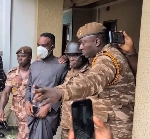
Police Inspector jailed for life over murder of girl friend in Kumasi
16:39
Victor Smith pays tribute to late former First Lady Nana Konadu Agyeman-Rawlings
15:58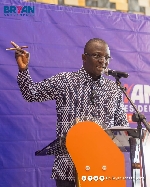
I didn’t distribute fertilisers to NPP PCs in 2024 polls - Bryan Acheampong
06:22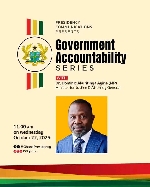
Attorney-General addresses nation on ‘Operation Recover All Loot today
03:15
A/R: Police investigate 'unnatural' death of Senegalese in Kumasi
21:50
Tema East MP urges industries to support ‘Back to School’ initiative for JHS graduates
15:57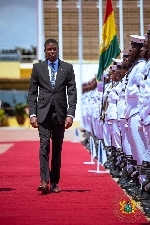
Grenada PM reveals deep connection to Ghana, tracing ancestry to Akans
18:12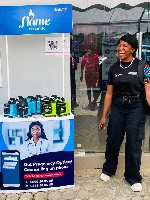
Scores of women hail CMG's breast cancer screening exercise at Cantonments
16:08
Ahafo NPP gears up to host Bawumia on regional campaign tour
15:50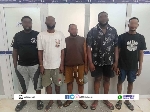
Human trafficking: Police arrest 5, rescue 57 Nigerian victims
01:19




